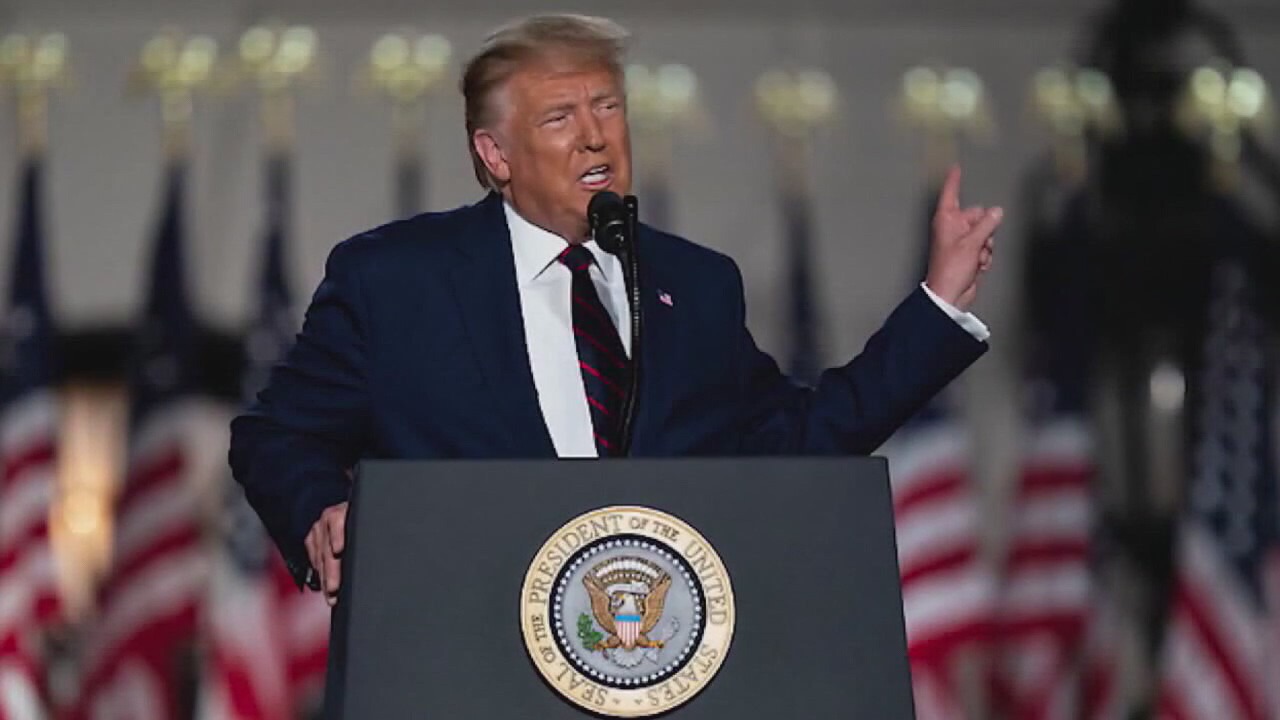Trump’s proposed tariffs could raise car prices as much as $2,500, analyst says
According to analysts examining the possible effects of a tariff on imported cars, it’s really a short-term solution to a bigger problem, and consumers would pay more when foreign businesses raise their prices in reaction to the levy.
(FOX 2):During his campaign for government this past election, President-elect Donald Trump made tariffs a central component of his economic strategy.
Customers and car dealerships are adjusting to the possible effects that a trade policy such as tariffs may have on the sector now that he is scheduled to return.
When Trump assumes office on January 20, many people in metro Detroit are anticipating higher auto prices.
Dealers like George Glassman of the Glassman Automotive Group are concerned about how a levy on foreign automakers will affect their bottom line. He offers Hyundai, Kia, Mitsubishi, Subaru, and other South Korean and Japanese cars for sale.
“Certainly, if they did come into effect, you’d see an increase in the price of new cars, which obviously is gonna make it more expensive for the consumer, which is not a good thing,” he stated. “In addition to that, it would negatively impact the automakers and the broader economy.”
Nor is it merely speculation.
The additional price would eventually be passed on to the customer, according to auto analysts analyzing the prospect of an import tax, which Trump has suggested might reach up to 10% on items from China and 25% on goods from Mexico and Canada.
According to Jan Griffiths, “there are different estimates out there,” “The most recent one I saw from the Wells Fargo analyst predicted that the impact for component parts – tariffs on vehicles – could be anywhere between $600 and $2,500 per vehicle,”
A tariff, according to Griffiths, a former auto supply chain executive, would only be a short-term fix for a longer-term issue.
The US auto industry’s lack of competitiveness in relation to Chinese OEMs (original equipment manufacturers) is the true problem. Tariffs are merely buying some time because we’re just not,” she added.
Some, however, believe that Trump’s warnings are merely a negotiating tactic and that no tariffs would ever be implemented.
Note: Every piece of content is rigorously reviewed by our team of experienced writers and editors to ensure its accuracy. Our writers use credible sources and adhere to strict fact-checking protocols to verify all claims and data before publication. If an error is identified, we promptly correct it and strive for transparency in all updates, feel free to reach out to us via email. We appreciate your trust and support!











